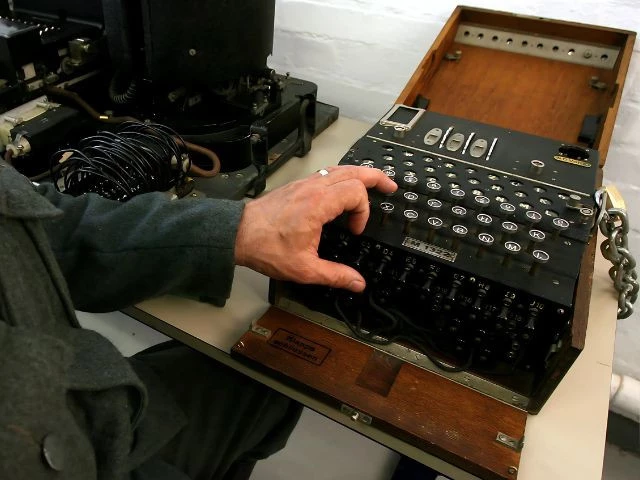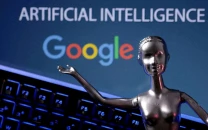AI would crack second world war Enigma code in seconds, say experts
Today’s tech not only solves old codes — it redefines how we view digital security

The Enigma code, once deemed unbreakable by Nazi Germany and famously cracked by Alan Turing and his team at Bletchley Park, would pose little challenge to modern computing power, say technology experts.
The cipher, which relied on a mechanical device with rotating rotors and complex plugboard settings, once required massive effort and ingenuity to decode.
But today, the same task could be completed in mere minutes using advanced software and processing speeds.
“Enigma wouldn’t stand up to modern computing and statistics,” said Prof Michael Wooldridge, a computer science expert at the University of Oxford.
“What took months of mechanical work can now be replicated with simple programmes and solved almost instantly.”
The original Enigma machine had an astronomical number of possible settings, changed daily, to ensure security. It was this complexity that gave the Germans confidence in its impenetrability.
Polish mathematicians first cracked early versions, but later improvements forced British codebreakers to develop the “bombe” — a mechanical computer used to sift through billions of permutations.
Despite its reputation, Enigma had flaws. Dr Mustafa A Mustafa, a software security lecturer at the University of Manchester, said one major weakness was that no letter could be encoded as itself.
This vulnerability, combined with early automation, allowed Turing’s team to eventually crack the cipher.
Now, experts believe even a basic AI model could replicate and surpass the capabilities of wartime codebreaking machines.
Wooldridge pointed out that the AI system ChatGPT successfully recreated the bombe’s logic, while cloud computing systems could complete the same work in seconds.
While Enigma may be a relic of the past, more recent encryption systems such as Rivest-Shamir-Adleman RSA cipher
“To be able to crack it – it took them months, more than a year – but to be able actually to do this within the lifetime of the war, it was a huge thing,” he said.
“God knows what would have happened if we hadn’t cracked Enigma in time.”— which relies on large prime numbers — remain secure, for now. But that may change if quantum computing lives up to its potential.
For all the technological progress, historians and scientists alike stress that the original breaking of Enigma remains a monumental feat.
“To crack something believed to be unbreakable, during the pressure of war, was extraordinary,” said Mustafa. “It changed the course of history.”























COMMENTS
Comments are moderated and generally will be posted if they are on-topic and not abusive.
For more information, please see our Comments FAQ